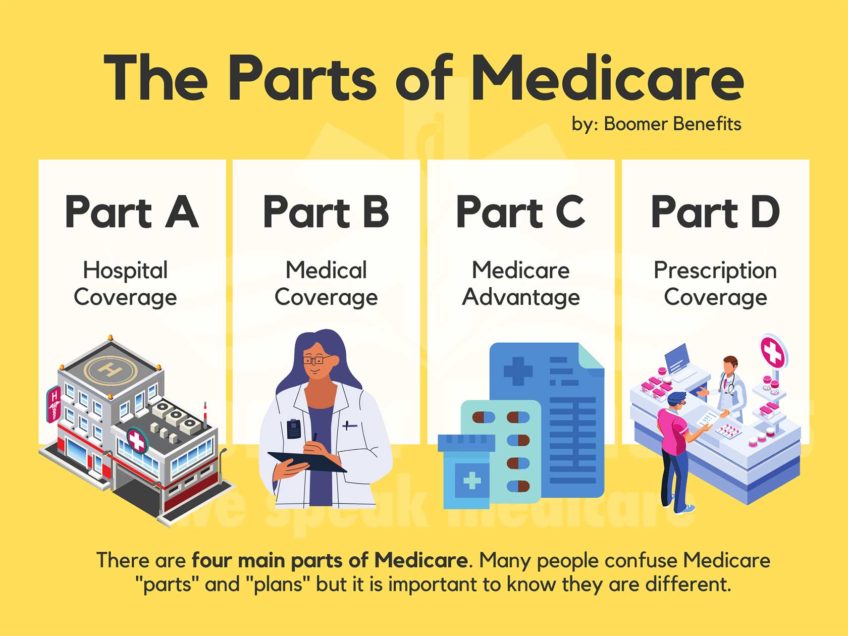A benefit offered through MassHealth to help smokers kick the habit has produced a dramatic drop in smoking rates and a corresponding reduction in smoking-related health problems, the Massachusetts Department of Public Health (DPH) announced last week. But public health advocates worry that budget cuts will hamper its long-term success.
In a presentation before the DPH’s Public Health Council on Nov. 18, representatives from the Massachusetts Tobacco Cessation and Prevention Program (MTCP) said the benefit had reduced smoking rates among MassHealth recipients by 26 percent. More than 75,000 people — 40 percent of all smokers covered by MassHealth, the state’s Medicaid program — have attempted to quit since the benefit became available, and more than 33,000 have succeeded.
Lois Keithly, Ph.D., director of the MTCP, said she was pleasantly surprised by the program’s popularity and attributed its success to its ease of use, low cost and wide promotion. The agency had hoped to see only about 5 percent of MassHealth smokers use the benefit each year.
According to the MTCP, among benefit participants tracked for a year after beginning treatment, there was a 38 percent drop in hospitalizations due to heart attacks, a 17 percent drop in the number of emergency room visits for asthma and another 17 percent drop in pregnancy complications, including ectopic pregnancies, hemorrhages and pre-term labor.
Because smoking is both a physical addiction and a social and psychological habit, treating it often requires a two-pronged approach. Robert Sokolove, Ph.D., director of smoking cessation programs at Boston Medical Center, said, “Whether one can maintain abstinence from cigarettes in part has to do with what behavioral skills they’ve been taught to replace nicotine as a way of coping with stress and physiologically how much they are genetically addicted to the nicotine molecule.”
That’s why the benefit covers both behavioral counseling to help smokers change their habits and all medications approved by the federal Food and Drug Administration, with only a $1 co-pay for generics and a $3 co-pay for brand-name medications. The low cost is essential to making the program work for low-income smokers.
“The way that they’ve set up the program really makes it so that folks are accessing the combination of counseling to quit and also medication, which is shown to double people’s chances to be able to quit and stay quit,” said Courtney Chelo, Oral Health Campaign Organizer at Health Care for All.
Massachusetts is one of only six states to offer a comprehensive smoking cessation benefit to Medicaid recipients, a group that has been shown to be more likely to smoke. A 2008 survey by the Centers for Disease Control and Prevention showed that nationwide 36.6 percent of Medicaid recipients between 18 and 65 were smokers versus just 22.6 percent of the general population.
The smoking rate among MassHealth recipients was 38.3 percent for the 12 months prior to the benefit’s introduction. By calendar year 2008, it had dropped to 28.3 percent, well below the national average for Medicaid recipients.
Russet Breslau, executive director of the advocacy group Tobacco Free Mass, said the data confirms what she’s seen in her work, and that she believes further health benefits and cost savings will soon be evident. Breslau is concerned, though, that funding cuts for MTCP will hurt its ability to continue and expand the work. MTCP has lost 65 percent of its budget and no longer has any funding allocated for promoting the benefit.
“My fear is that with less funding now we’re going to see a reduction in the public health impact,” she said. Her group is lobbying the state legislature to restore the lost funding and to expand the benefit to Commonwealth Care as well as MassHealth.
Scott B. Keays, M.P.H., public policy manager for the American Lung Association in Massachusetts, echoed Breslau’s concerns. “I think the people who were able to access the benefit will certainly hopefully be able to continue on the road to recovery,” Keays said, “but because of the budget cuts I’m not sure whether or not the Tobacco Control Program has the resources necessary to keep up the awareness about this program so that folks know where the tools are that they need to quit.”
The benefit was introduced in July 2006 as part of the state’s massive health care reforms, and many public health advocates are hoping the health care reform effort in Washington will embrace similar programs. “If health reform goes through,” said Sokolove, “my guess is that more and more public health initiatives and more and more support for primary care, particularly for indigent and low-income people, will take place.”
Keithly says the announcement has already brought national attention to the benefit. “The promise of actually demonstrating that prevention measures save health care costs has been enormous,” she said. “We’ve gotten calls from four senators who are interested in it, in terms of the national debate.”


![Banner [Virtual] Art Gallery](https://baystatebanner.com/wp-content/uploads/2024/04/Cagen-Luse_Men-at-store-e1713991226112-150x150.jpg)



